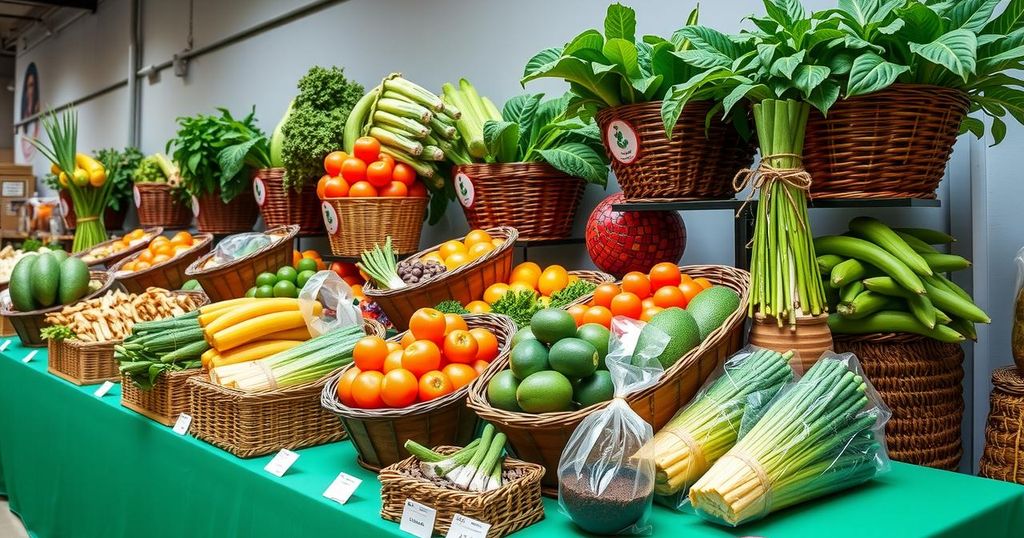The Brazilian government has achieved new export authorizations for agricultural products in the Eurasian Economic Union, Saudi Arabia, and Thailand. Notable inclusions are bananas, yerba mate, macadamia nuts, and fish oil. In 2024 alone, these exports generated over USD 6 billion in revenue, demonstrating Brazil’s expanding agricultural trade and the effectiveness of its sanitary measures. This year, Brazilian agribusiness opened 221 new market access opportunities.
The Brazilian government has recently secured new authorizations for the export of various agricultural products to key international markets, namely the Eurasian Economic Union (EAEU), Saudi Arabia, and Thailand. Among the new offerings are bananas and nuts approved for import by the EAEU, which includes Armenia, Belarus, Kazakhstan, Kyrgyzstan, and Russia. In 2024, Brazil’s agricultural exports to the EAEU reached over USD 1.3 billion.
In Saudi Arabia, the government has given the green light for the export of yerba mate and macadamia nuts, contributing to an impressive total of more than USD 2.3 billion in agricultural exports in 2024. Meanwhile, Thailand has expanded its market access to include fishmeal and fish oil, which are in high demand due to their energy-rich and high-protein properties. Between January and November 2024, Brazilian agricultural exports to Thailand surpassed USD 2.7 billion.
These milestones reflect Brazil’s ongoing initiative to diversify its agricultural export base and strengthen its economic partnerships globally. The accomplishments are indicative of the international community’s confidence in Brazil’s robust sanitary and phytosanitary frameworks. The year 2024 marked a significant achievement for Brazilian agribusiness, as it opened 221 new market access opportunities, totaling 299 since early 2023. Collaborative efforts from the Ministry of Agriculture and Livestock and the Ministry of Foreign Affairs have been pivotal in realizing these developments.
The context of this announcement lies within Brazil’s broader strategy to enhance its agricultural export capabilities and to strengthen trade relationships on an international scale. The country has recognized the importance of establishing robust trade links to stimulate economic growth, particularly in the agricultural sector. By securing market access to regions such as the EAEU, Saudi Arabia, and Thailand, Brazil is not only expanding its market presence but also demonstrating the credibility of its food safety regulations and agricultural practices.
In conclusion, the Brazilian government’s recent success in securing new market access for agricultural products in the Eurasian Union, Saudi Arabia, and Thailand marks a significant advancement in its trade strategy. With exports exceeding USD 2 billion to several countries, these new opportunities reflect both the effectiveness of Brazil’s agricultural policies and the global confidence in its agricultural standards. Ongoing efforts by relevant ministries will continue to enhance Brazil’s presence in international markets.
Original Source: www.gov.br







